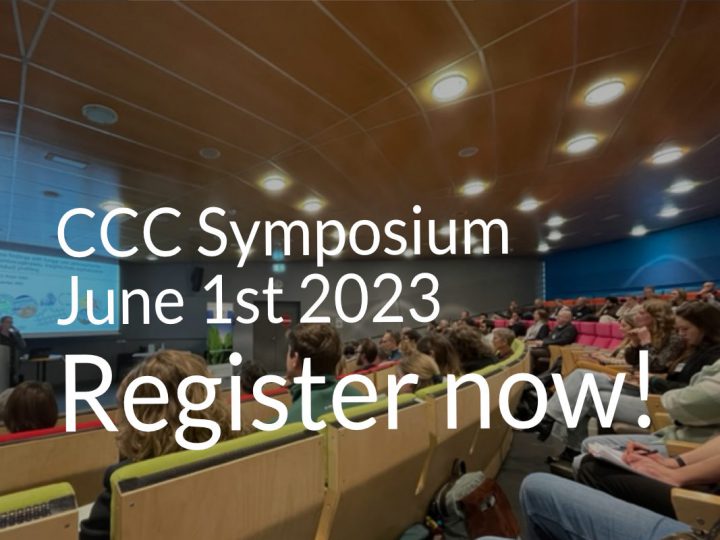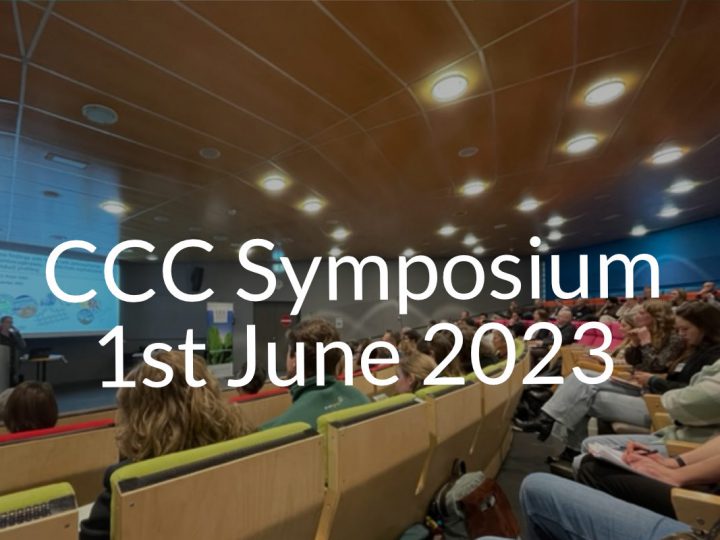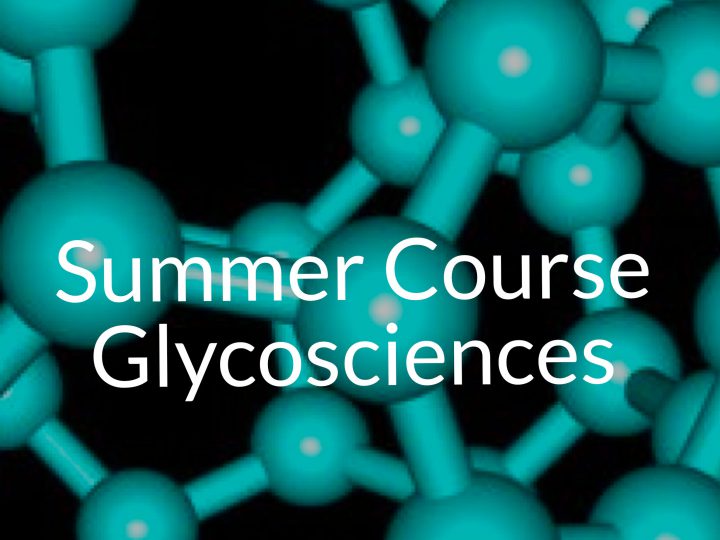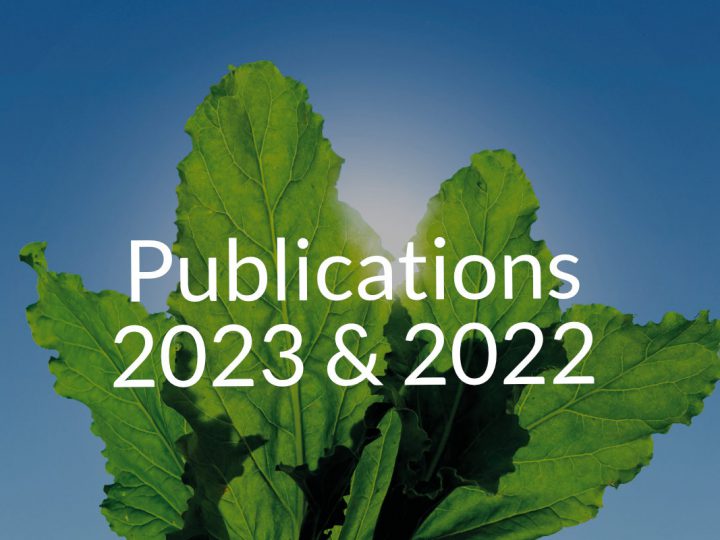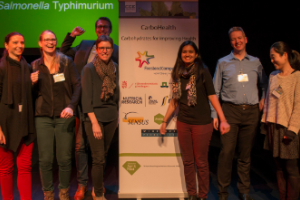 After almost five years of hard work, November 30 was a big day for the CarboHealth group! More than 100 participants from companies and universities attended this highly valued symposium to discuss the results obtained!
After almost five years of hard work, November 30 was a big day for the CarboHealth group! More than 100 participants from companies and universities attended this highly valued symposium to discuss the results obtained!
Program leaders Fons Voragen and Ellen van Leusen explained that CarboHealth aimed to develop new technologies assessing gut health claims for carbohydrates. A toolbox with these new technologies is essential for companies which are introducing new products in the market.
But how to fill this toolbox? The program CarboHealth consists of five interrelated projects, synthesis, structural analysis and bioconversions of selected carbohydrates, examining the effects of these selected carbohydrates on the immune system and metabolism, and on gut microbiota. In CarboHealth animal models as well as mother-baby data (the KOALA cohort from Maastricht University and the BINGO data of Radboud University) have been used to study effects on human and animal health. For more information about the research methodology,
All seven CarboHealth researchers presented interesting and groundbreaking results in the field of probiotics and prebiotics. For more information,
see their presentations click here.
To put CarboHealth results into international perspective, three outstanding keynote speakers were invited to present the state of the art research in the field of probiotics and prebiotics/ human milk oligosaccharides (HMOs).
Prof. dr. Ardythe Morrow, professor in Cincinnati Children’s Hospital Medical Center, concentrated on HMOs and their importance for human health. She explained that HMOs support growth and metabolism of beneficial bacteria and discourage growth of pathogens, reducing risk of infections. She predicted future health applications with HMOs , especially for inflammatory bowel diseases like Crohn’s disease.
Geert-Jan Boons of Utrecht University, department of Chemistry and Drug Discovery, explained that his group developed chemo-enzymatic methods to prepare libraries of highly complex asymmetrically substituted glycans. An important example was the synthesis of HMOs that were used to identify compounds that function as decoys for viral and bacterial adhesion.
Starting point for the last keynote speaker, Hauke Smidt of Wageningen University, was the notion that the gastrointestinal (GI) tract of humans and animals soon after birth undergoes a rapid microbial colonization and that diet is one of the key factors influencing this development.
Hauke Smidt gave an overview of research done in this field that outlined the importance of probiotics and prebiotic carbohydrates towards more sustainable mammalian host health throughout life. Recent research has shown that differences in early life microbial colonization, also referred to as microbial imprinting, influence host physiology and health not only during early life, but rather throughout life.
Visitors highly valued this symposium. Very interesting results were presented with animated discussions; during the breaks, networking appeared to be highly productive.
CCC will produce a full report on the CarboHealth results, their scientific relevance and impact for business partners, also covering the keynote presentations. Release of the report is to be expected March next year. So keep in touch!


